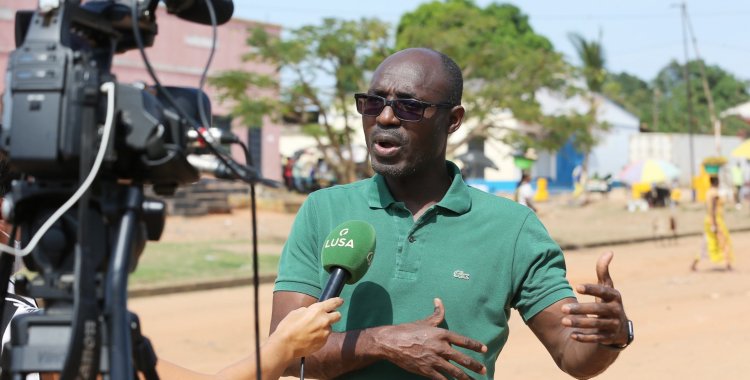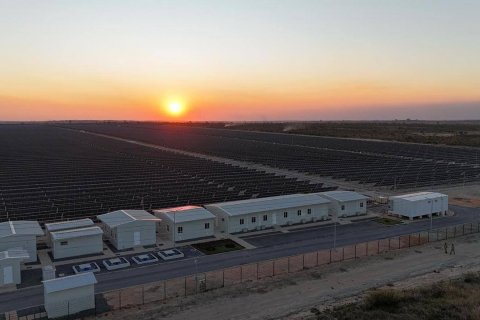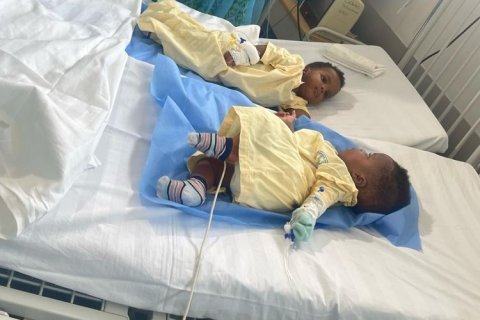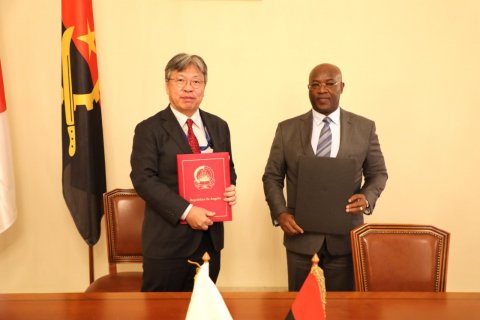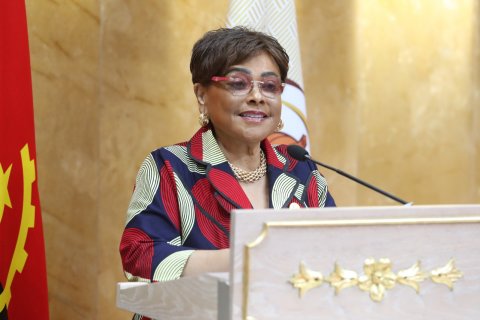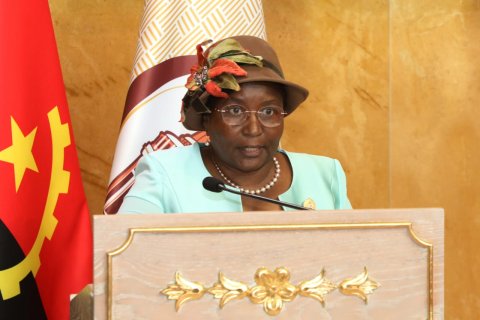"Angolans must win their freedom in the same way they gained independence and this independence cannot just be symbolic, it must be lived and felt by all Angolans", said the journalist and director of the Maka Angola portal in statements to Lusa.
For Rafael Marques, who was commenting on Freedom House's 51st annual report that classifies Angola as a "not free" country in terms of respect for political rights and civil liberties, the lack of freedom is a reality in the country.
"We don't need to hear from the United States that we are free, because it is a reality that we live every day in Angola", he said.
Freedom, he continued, "does not just mean being independent on paper, it means economic justice, social justice", defending the need for the country to have a Government that serves the people and knows how to respect the laws.
"And we never had that. Therefore, it is essential that Angolans know how to organize themselves and fight so that they are truly free and united and work for a common cause", insisted the activist.
Cape Verde, in first, and São Tomé and Príncipe, in third, are among the highest ranked countries in Africa in terms of respect for political rights and civil liberties, with Angola appearing as "not free", in the report released by Freedom House.
Mauritius is the second highest ranked country in Africa, according to the 51st annual edition of the "Freedom in the World" report, released by the think tank based in Washington, which in the case of the African continent highlights the decline of freedom for the tenth consecutive year.
"Freedom in Africa has declined for the tenth consecutive year in 2023, due to armed conflicts, military coups and electoral irregularities", considered Freedom House.
Regarding Portuguese-speaking African countries, Angola and Equatorial Guinea are classified as "not free", Guinea-Bissau and Mozambique as "partially free" and Cape Verde (92) and São Tomé and Príncipe (84) as "free ".
Rafael Marques, investigative journalist and director of the Maka Angola portal, stated, on the other hand, that there is no unity in Angola in favor of freedom, because citizens, he argued, were divided for decades by "partisan factionalism".
"And we saw what ideologies and political parties, liberation movements, above all, did to the Angolan people, it was simply dividing them", he pointed out.
He also criticized what he called "honor to fascists and colonialists" in the toponymy of some cities in Angola, as exemplified by the city of Cuito, Bié province, where some streets were named after Salazar and Marcelo Caetano, top figures of the Portuguese colonial regime .
"I mean, we haven't changed anything. There are new plaques in the city of Cuito that honor the colonialists and don't honor any important Angolan historical figure and that's where you see that there is no unity among Angolans and no capacity for action that is significant for the changes we so long for", he concluded.

